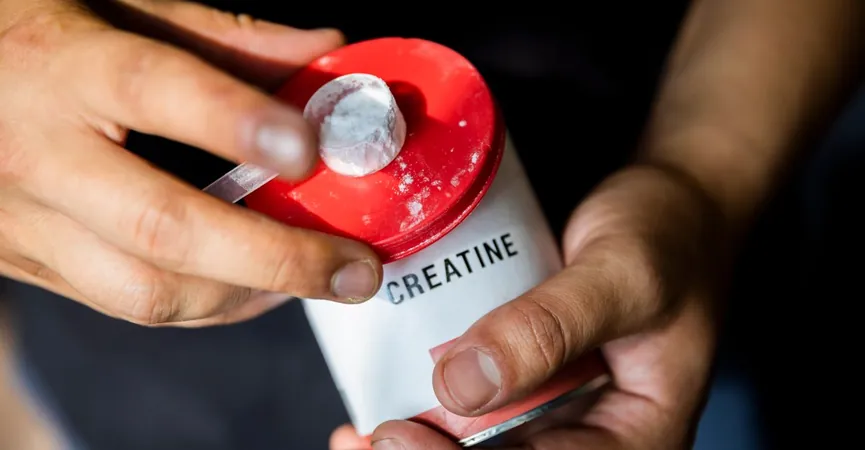
Could This $10 Supplement Be the Key to Treating Depression?
2025-04-25
Author: Benjamin
Creatine: More Than Just a Gym Supplement
Creatine, a favorite among gym enthusiasts and often found in the supplement aisle, has been under scientific scrutiny for nearly two centuries. Initially celebrated in the 1990s for its ability to enhance exercise performance and recovery, creatine has since become a staple for athletes—and it's remarkably accessible, with prices as low as $17 for a 10-ounce jar.
From Muscle Boost to Mental Health Savior?
While creatine's benefits for physical fitness are well-documented, an unexpected twist has emerged in recent research: its potential role in combating depression. Studies from the early 2000s highlighted creatine's importance in brain function, indicating that inefficient energy metabolism might contribute to psychiatric disorders like depression. This led scientists to hypothesize that increased creatine intake could enhance brain energy metabolism and alleviate depressive symptoms.
Promising Clinical Trials with Exciting Results
Initial clinical trials a decade ago confirmed that creatine could effectively supplement traditional treatments like antidepressants and cognitive behavioral therapy, accelerating recovery rates for many patients. A recent meta-review from 2024 reinforced this finding, showcasing creatine's ability to enhance mental health treatments.
Groundbreaking Study in India: Creatine Without Antidepressants?
A new study from India has stirred interest, demonstrating that creatine might help treat depression without the need for traditional antidepressants. Conducted in Dehradun, a city with limited mental health resources, the study involved 100 participants divided into two groups: one received daily doses of creatine, while the other was given a placebo, alongside talk therapy.
After eight weeks, those taking creatine reported significantly improved outcomes, with their depression scores dropping from an average of nearly 18 to just 5—indicating remission for some. Conversely, the placebo group saw a less dramatic decline, with scores averaging 11.
Cautions and Considerations
Despite these promising results, experts urge caution. High dropout rates and the preliminary nature of the findings signal the need for further research to validate creatine’s effectiveness in treating depression. Riccardo De Giorgi, a clinical lecturer in psychiatry, emphasized the potential for sensationalism in this field and the importance of careful interpretation of results.
A Potential Breakthrough in Mental Health Care
The appeal of creatine lies not just in its affordability but in its accessibility for those lacking mental health resources. With over two-thirds of people worldwide unable to access conventional treatments, a low-cost alternative like creatine could make a substantial impact on the global mental health crisis.
As the field evolves, many are hopeful that creatine may eventually find its place among the tools available for mental health support, offering a simple yet impactful way to improve well-being.



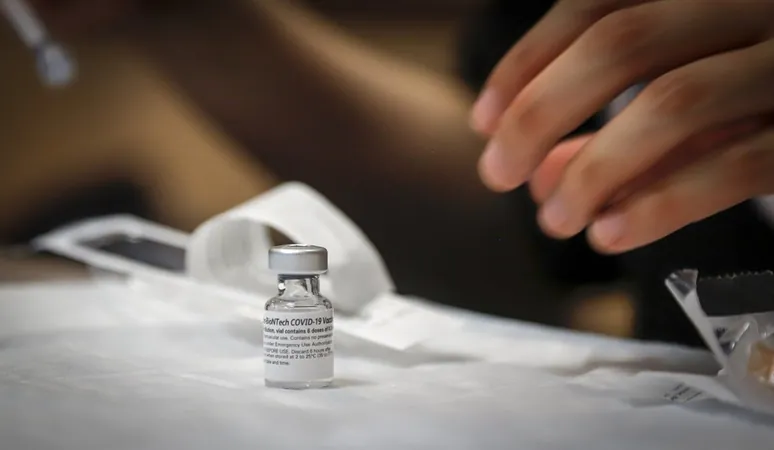
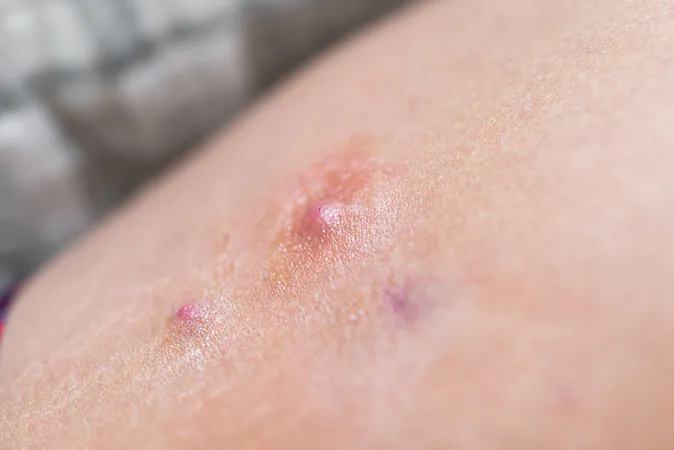


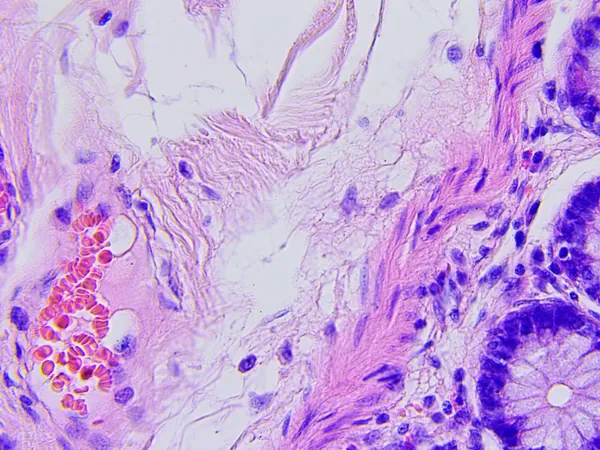
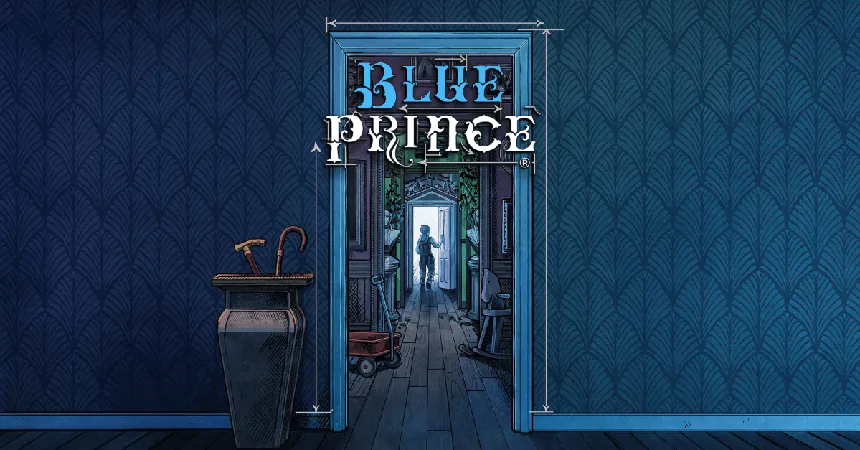
 Brasil (PT)
Brasil (PT)
 Canada (EN)
Canada (EN)
 Chile (ES)
Chile (ES)
 Česko (CS)
Česko (CS)
 대한민국 (KO)
대한민국 (KO)
 España (ES)
España (ES)
 France (FR)
France (FR)
 Hong Kong (EN)
Hong Kong (EN)
 Italia (IT)
Italia (IT)
 日本 (JA)
日本 (JA)
 Magyarország (HU)
Magyarország (HU)
 Norge (NO)
Norge (NO)
 Polska (PL)
Polska (PL)
 Schweiz (DE)
Schweiz (DE)
 Singapore (EN)
Singapore (EN)
 Sverige (SV)
Sverige (SV)
 Suomi (FI)
Suomi (FI)
 Türkiye (TR)
Türkiye (TR)
 الإمارات العربية المتحدة (AR)
الإمارات العربية المتحدة (AR)